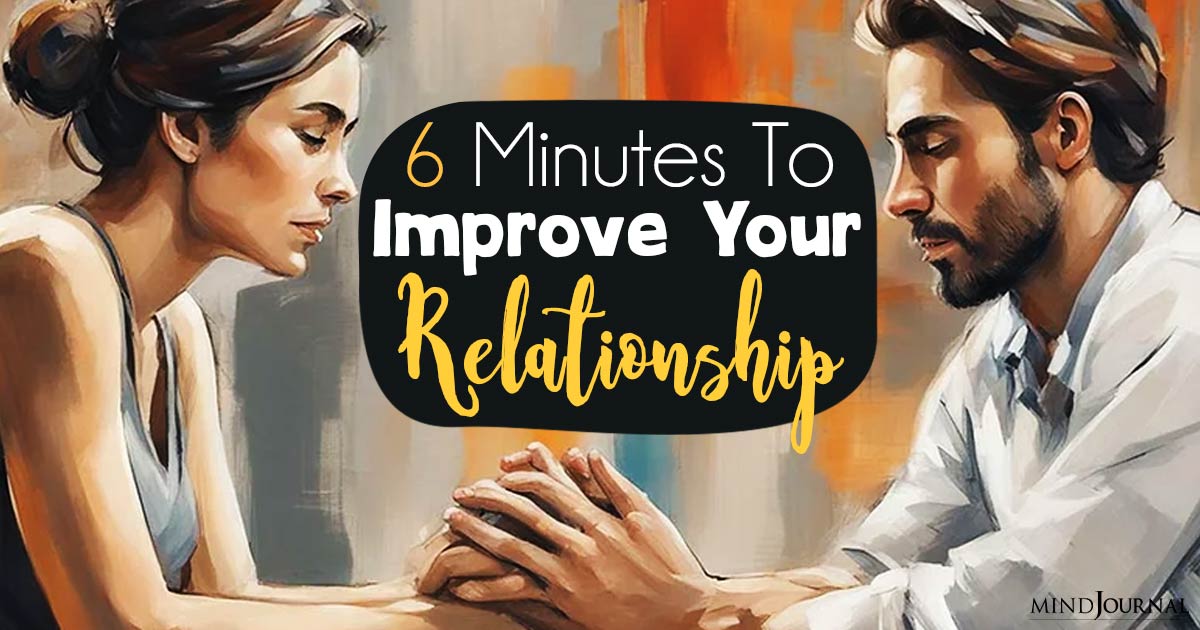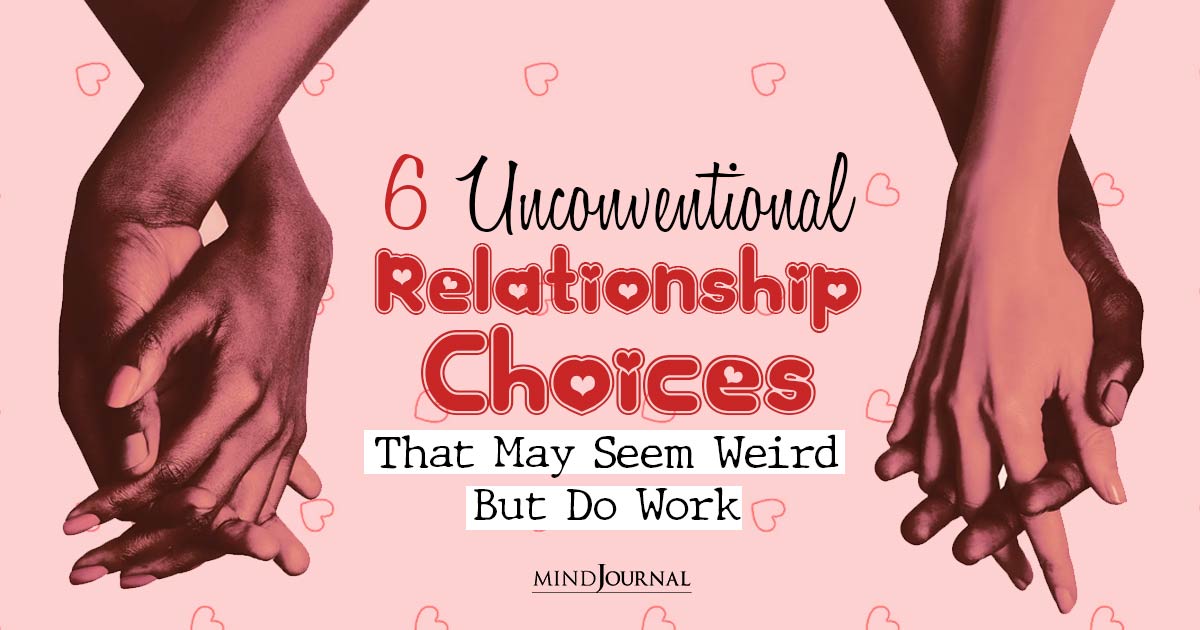There are many behaviors that hurt relationships, and the scary part is that you might not even realize that it’s happening. When it comes to these behaviors that threaten to hurt and destroy relationships forever, the best thing you and your partner can do is take stock of the situation, and do what needs to be done to save your bond.
‘I don’t always like you’- If you have been in an intimate relationship for a period of time, this expression might feel familiar.
I hear it regularly from many of the struggling couples I see in my practice.
They are still in love, but they don’t like some of their partner’s behaviors, and those reactions are increasing.
They realize that the cumulative effects of those irritating behaviors are beginning to take precedence too often, and they want help to change them.
They tell me that, earlier on, the good parts of their relationship seemed to easily compensate for the negatives, but are now beginning to outweigh the positives.
The partners still feel fondness, passion, devotion, security, and closeness most of the time, but they are concerned that some of the things they say or do are irritating each other more often than they used to.
They love each other, but they don’t like many of the things the other says and does.
When their love was new, they realize now that they often melded their feelings of “like” and “love,” because they seemed so similar when their initial passion overwhelmed them.
Perhaps they didn’t want to look at any behaviors that might have challenged their initial rapture. Focusing on their mutual dreams, magnetic sexual connection, or social networks were much higher priorities.
Many couples I’ve worked with have told me the same thing.
They simply didn’t realize that their loving feelings towards each other were eclipsing those behaviors that were subtly irritating. The “dislikes” that were accumulating were not on their radar.
Over time, they became aware that these negative behaviors and the reactions that accompanied them had been growing, and their positive interactions were no longer compensating as well.
They knew on some level that they were experiencing more irritations and were taking longer to heal from them, but they kept putting their awareness aside.
If either you or your partner is feeling too often more “un-likable to the other,” even if your love still feels mostly secure, you can avoid irreversible damage if you face what is going on.
You need to be able to honestly tell each other what thoughts or actions may be causing those reactions and how you can change them.
The sooner you can transform or erase those behaviors, the better chance you have to rescue your love from future damage.
Related: 6 Signs You’re Meant To Be Together
In the following exercises, you and your partner will first strengthen your love foundation and then begin sharing your “dislikes” with each other.
Because you are likely to face some distress when you do the latter, especially if you haven’t openly talked about them before, you’ll go through the exercises with that sensitivity to each other in mind.
As you proceed, you may find yourselves altering the exercise examples to fit the uniqueness of your own relationship.
However, you decide to connect in this new way, don’t rush the process. The exercises will be more effective if you take the time to do them slowly and with mutual devotion to the goal.
If either of you feel, at any time during the process, that your love foundation is wavering, you may decide to stop for a while and continue once you are emotionally reconnected.
Take the time to recommit to the things you do love about each other before continuing. You won’t be able to resolve the issue at hand until you feel better.
Here Are The Exercises That Can Help Neutralize The Behaviors That Hurt Relationships
The First Exercise: What I Like About You
Write a letter to your partner that describes his or her positive personality characteristics, behaviors, thoughts, feelings, attitudes, opinions, quirks, mysteries, and physical attributes that you truly like.
These can be things you’ve already stated in the past, but also those that you’ve thought in your head, but not shared before.
Be sure to add examples if you think they will give your comments more depth or understanding. Recount any experiences with humor, passion, appreciation, and value.
Whatever makes your partner better able to understand exactly what you mean will better enable them to experience exactly what you mean.
When you are done, wait for a time when there is no pressure and a gentle environment, and then read your “What I Like About You” list aloud to your partner.
Make sure that you give him or her whatever length of time needed to allow a full response to each of your expressions.
If you’ve taken the time to do this exercise in depth, you will surely see positive signs of appreciation in your partner.
It is not unusual for our partner, even when you’ve been together for a long time, to feel more secure in your love after hearing what you like about him or her.
Some partners choose to both do this exercise simultaneously. If you decide to follow suit, you might get even more out of the exercise if you exchange one “like” at a time, rather than reading the entire list first or second.
Before you take the next step, assure one another that you will listen without defensiveness, invalidation, or challenge when you do the second exercise.
Listening to things your partner dislikes about you is not easy, even when you’ve agreed to listen.
Want to know more about behaviors that hurt relationships? Check this video out below!
The Second Exercise: What I Don’t Like About You
Make sure you and your partner are ready and willing to begin the next exercise.
Be certain that you both agree to stop and renew your caring feelings for each other if things begin to get out of hand, or either of you feels over-loaded.
Remember, you can do only part of this at a time. It is crucial that you stay open and receptive to whatever your partner needs to tell you.
The goal is to listen and then process what either of you needs to do to change the behaviors that are causing distress.
On this new list, you are going to tell your partner, or each other, the thoughts or actions which are beginning to wear on each of you and which, if not identified and changed, could erode your capacity to recover from them.
Related: What’s Your Love Style Based On Your Zodiac Sign
The best way I have found for partners to communicate these potentially damaging behaviors is to separate them into the following four categories:
1. Behaviors That May Be Simply Annoying.
The items on this list are usually things that your partner does which are somewhat irritating at the moment, but soon lose their negative charge as you’re able to reconnect with each other in more positive ways.
They don’t seem to “add up” over time, so you don’t need to be too worried about them, unless they begin to bother you more.
As you go through the following list, use the examples to help you add to or change them for those that are unique to your relationship.
Most couples respond to these kinds of simply annoying behaviors without disagreement and do not feel overly offended by them.
They may even find them funny. But again, over time, those sort-of-okay reactions can turn more negative if the behaviors continue. Identifying them when they are easier to let go of can avoid more damaging results in the future.
Typical examples of annoying behaviors:
- Not replacing the toilet paper.
- Using your toothbrush without consent.
- Not remembering to inform you of non-critical messages.
- Leaving stuff around.
- Nodding off while watching TV.
- Forgetting to turn off the lights.
2. Behaviors That Begin to Feel More Aggravating.
The following sample behaviors are more upsetting and may take longer for your reactions to them to subside. They may often be irritating you sooner than they used to, and the effects are definitely harder to shake.
If you or your partner are behaving in aggravating ways, you will find yourselves more reactive to those actions when they happen, and your negative responses will be both stronger and last longer.
Typical examples of aggravating behaviors:
- Leaving clothes on the floor.
- Continuously interrupting.
- Forgetting something important.
- Procrastinating.
- Impatience.
- Not being available when asked or needed.
3. Behaviors That Are Beginning to Offend.
Your partner’s expressions and actions are now really getting to you. You’re finding yourself anticipating them and getting worked up at the first sign that they may be about to happen.
Your reactions are immediate, your responses a little terse, and the effects of those behaviors don’t easily go away. You feel an accumulation of distress and an aversion to being around your partner when they behave in these ways.
Typical examples of offensive behaviors:
- Continuous nagging.
- Focusing on your mistakes.
- Constant negativity.
- Breaking promises.
- Doing things behind your back.
- Being chronically late.
Related: 8 Signs He’s Not Your Soulmate
4. Behaviors That Can Be Exasperating.
These behaviors now “drive you crazy.” You’re beginning to feel allergic to them, even slightly nauseated when they occur. At the first moment you feel they are about to happen, you are instantly irritated and combat-ready.
You’ve probably told your partner many times that his or her ways of being are significantly upsetting you, but the noxious behaviors have not diminished and leave you frustrated, reactive, and disgusted.
If you or your partner get to this level of dislike, your positive feelings for each other will rapidly diminish, and your love for each other will eventually be unable to compensate.
You’ll know you are close when it is getting harder and harder to let go of your distressed state or move beyond what you are feeling. You know that your resilience is waning and that you feel more consistently upset.
Typical examples of exasperating behaviors:
- Picking fights with you or others you care about.
- Consistent undermining.
- Doing the opposite of what you asked for.
- Over-controlling.
- Invalidating your thoughts or feelings.
- Ignoring you.
- Unilaterally breaking agreements.
- Using mutual resources without your agreement.
Remember to add or replace these examples as they apply to your own relationship.
If you do need to relabel, please make certain that the initial categories begin with those that are minor and move up the scale to those that could be more cumulatively damaging.
It’s also important to realize that what seems a dislike to you may not be to your partner or vice versa. It doesn’t matter if the partner who is behaving in a harmful way doesn’t mean to cause distress.
It is what the partner on the other end feels that counts.
Remember that when you share your dislike list with your partner, you take care to not interrupt defend, invalidate, or counter their thoughts or feelings.
You will offer the same when it is your partner’s turn to share their list with you. These exercises will help you to understand each other better and to re-balance your relationship towards more positive interactions.
Though neither of you can legislate the changes you want, you can make it clear to one another how important they are to you.
It is up to each of you to care enough for the other to do whatever you can to eliminate what is causing distress.
Please be patient with each other. Many couples, even when they embrace these exercises willingly and with the best of intentions, often take a little while to put new behavioral changes in place.
It’s just human nature to have difficulty letting go of established patterns, but they will respond to practice.
Related: 3 Ways You’re Killing Love By Trying to Save It
Also note that your current “likes” and “dislikes” may change over the course of your relationship.
Great relationship partners keep each other informed when new data comes in and renew their efforts to do whatever they can to ensure their love will remain intact.
Written by Randi Gunther Ph.D. Originally appeared in Psychology Today











Leave a Reply
You must be logged in to post a comment.